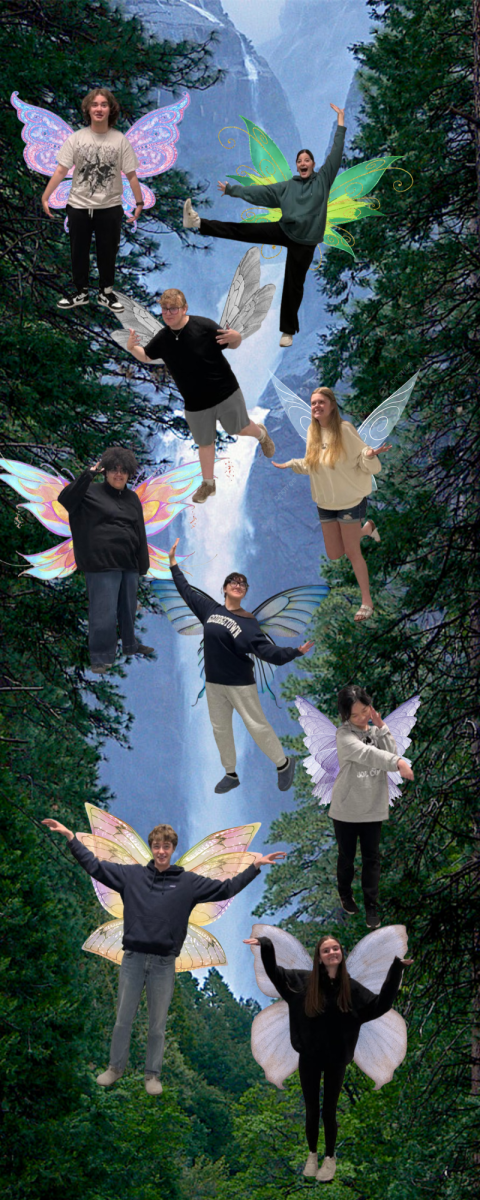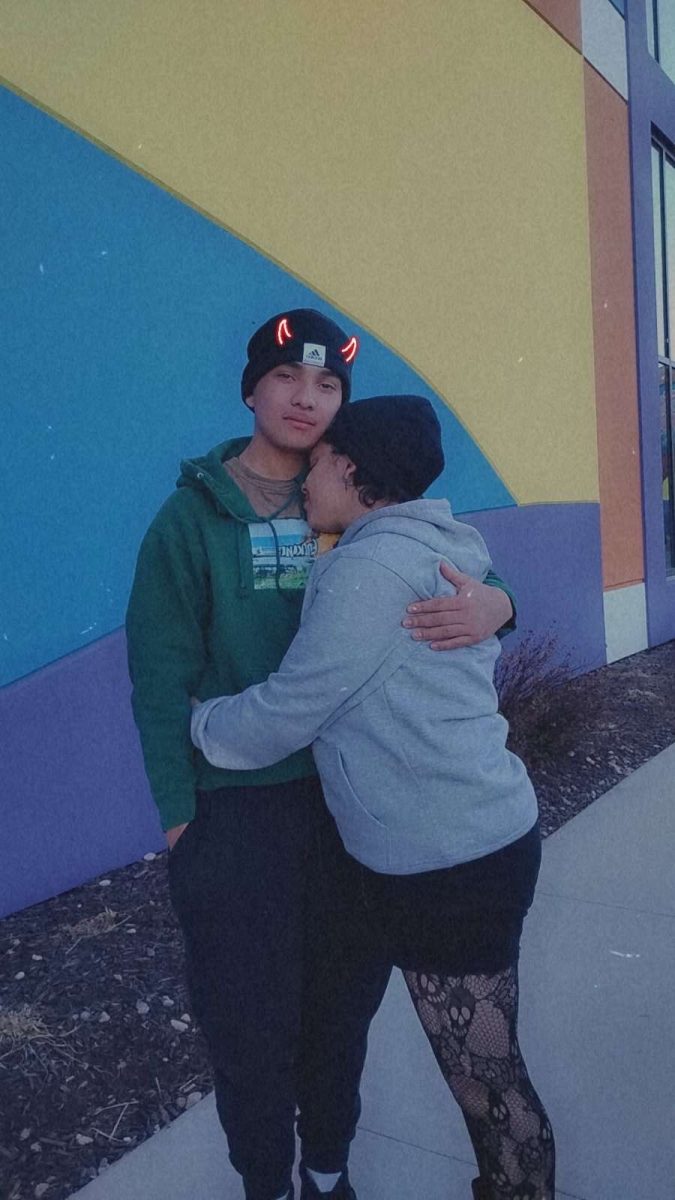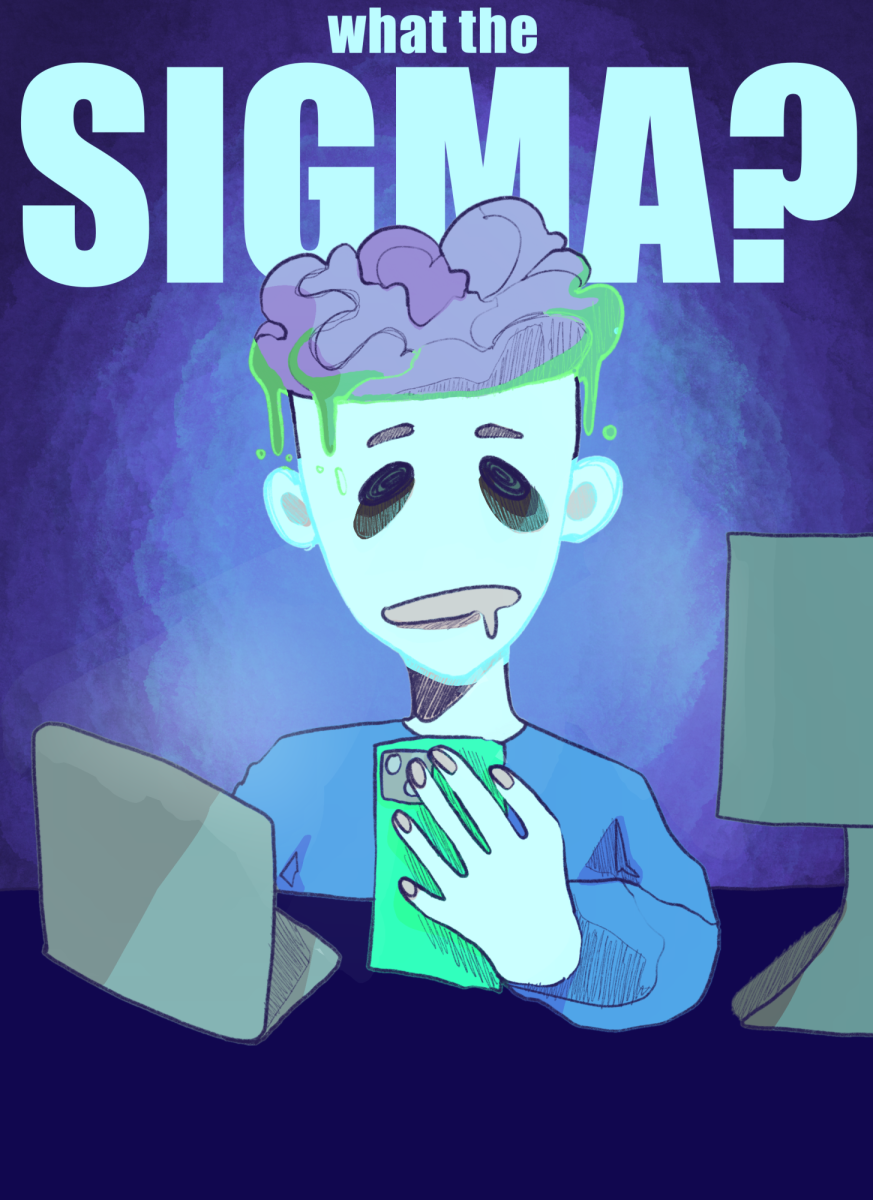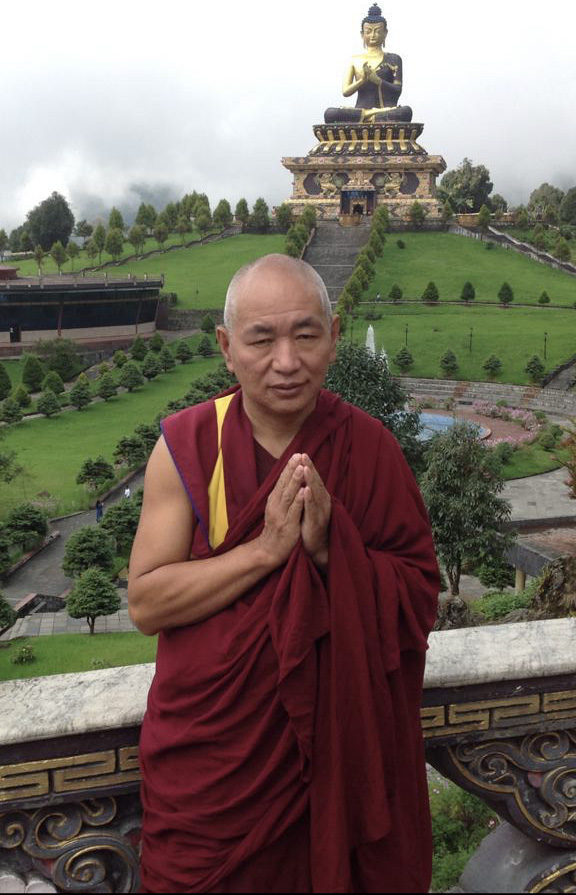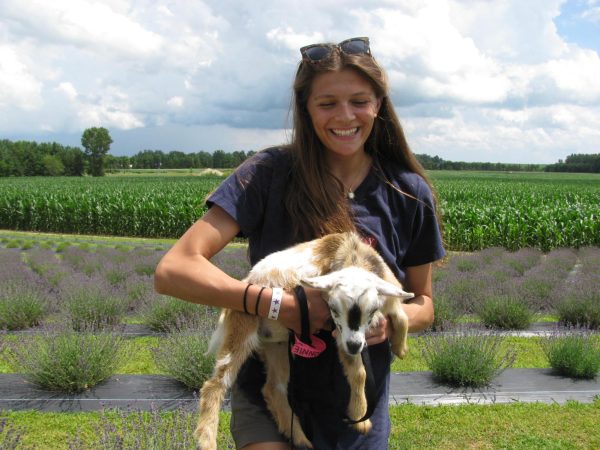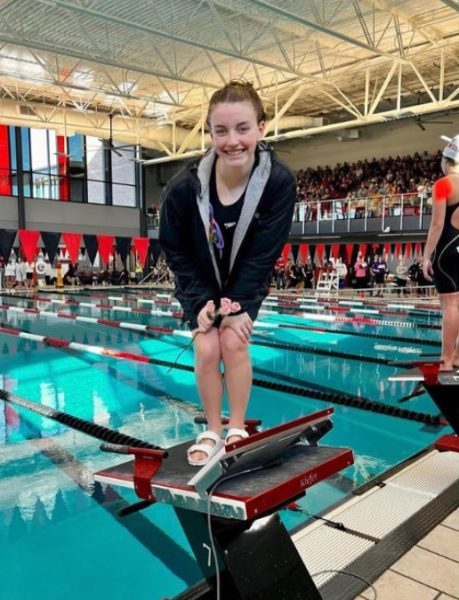Beginning in 1954 to honor the service and sacrifice of United States veterans, Nov. 11 has been celebrated as Veterans Day. All around the country, communities celebrate Veterans Day with parades, fundraisers, and more. Veterans Day has been an essential part of US history for decades, sharing the lives and stories of veterans.
History of Veterans and Veterans Day:
During the month of November, the United States recognizes those who served. Nov. 11 not only holds historical significance but also serves to bring attention to the purpose of Veterans Day.
Concluding World War I, the Treaty of Versailles was signed on June 28, 1919. However, fighting had ended seven months earlier when the Allied nations and Germany implemented an armistice (truce). This resolve occurred during the eleventh hour of the eleventh day of the eleventh month, Nov. 11, 1918, which is known as the end of “the war to end all wars.”
In Nov.1919, President Woodrow Wilson declared Nov. 11 the first tribute of Armistice Day. However, it wasn’t until May 13, 1938, that Congress made Nov. 11 into a national holiday to celebrate Armistice Day. On June 1, 1954, Nov. 11 became a day to honor American Veterans after Congress changed Armistice Day to Veterans Day because of the significant need for soldiers during World War 2.
Stoughton has many men and women who have served in our nation’s armed forces; seventy-five-year-old Thomas Jenny received his Draft notice for Military active duty in May of 1969. Jenny had just lost two classmates who had been killed in action a year before. So, he made the brave decision to enlist in the Navy. Jenny served six months in San Diego, CA, and three and a half years at Pearl Harbor. When asked how he has seen Veterans Day change over the years, Jenny stated, “I think Veterans Day is getting better every year because people are being more educated and aware of what veterans do for our country.”
To honor our veterans, Stoughton has created Veterans Memorial Park. This space is dedicated to the veterans of Stoughton who have served or are currently serving in the United States armed forces. The memorial consists of pillars that go into the depth of each war. The wall directory and bricks that line the walkway have inscribed names of veterans, along with the war they served in.
The Wisconsin Veterans Museum, located in Madison, also helps honor veterans. This year, the museum director spoke at a Veterans Day ceremony at the Wisconsin State Capitol. Across the state, Wisconsinites hold similar celebrations to honor local veterans.
Russ Horton, an outreach archivist at the Wisconsin Veterans Museum, gave his insights on Veterans Day.
“The way Veterans Day is observed has changed a little over time. In the past, most banks, businesses, and even schools would close on Veterans Day. Parades were more common, as were trips to the cemetery to honor veterans who had passed away. But the reason for Veterans Day has remained the same, and that is to recognize and honor the men and women who have served, and who do serve, in our country’s military.”
Veterans Institutions:
One of the main ways veterans receive support after returning home from war is through veterans’ institutions. These institutions can assist veterans through monetary support, transportation, healthcare services and more.
Some of the most common institutions veterans can access across the country are the American Legion and the Veterans of Foreign Wars (VFW). The American Legion is a nonprofit organization dedicated to any veteran who served during wartime. It is the largest wartime veterans’ service organization.
The VFW is another essential veterans organization in Stoughton and across the nation. The VFW dedicates its organization to veterans of foreign wars who served in a warzone.
According to Jim Oler, a financial officer at American Legion Post 59, the goal of the American Legion is to assist its veterans whenever possible.
“[The goal] is to provide help and assistance to veterans and their families when we can,” Oler said.
The American Legion mainly provides monetary support to veterans through donations and fundraisers.
“We mainly provide monetary funds, but we also provide our honor guard, which provides military rights for the deceased veterans,” Oler said.
The American Legion Honor Guard provides military services to honor the service and sacrifice of honorable discharged veterans. By law, eligible veterans get a free funeral, where the Honor Guard will perform a rifle salute, flag presentation and folding, and taps performance.
The American Legion also provides veterans with information for the Badger Honor Flight, which flies veterans to Washington D.C., free of charge.
“We provide contact information for the Badger Honor Flight out of Madison, so hopefully veterans can get some closure when they visit the memorials. We also provide the Color Guard for the Badger Honor Flights,” Oler said.
Additionally, The American Legion raises money for local charities through fundraisers like spaghetti dinners, which go to the Special Olympics, or their Toys-for-Tots drives, which benefit children in need. They also give donations to the Veterans Children’s Welfare Fund.
The American Legion works closely with the local VFW Post 328, The Disabled American Veterans organization, which provides transportation to the VA hospital in Madison. They also work with the Thrivent office for the Raise the Flag program, which puts up American flags in the yards of participants 5 times a year, and the Freedom Riders, a parade of motorcycles and military vehicles that goes from The VFW to the American Legion.
“Both of these organizations are fundraisers that provide donations to help maintain our Stoughton Area Veterans Memorial Park,” Oler says.
Another organization that helps veterans is the Wisconsin Veterans Network, which works to provide veterans and their families with the resources and benefits they need.
Quentin Hatfield, the executive director of WisVetNet, said, “Our goal is to ensure that veterans and their families throughout Wisconsin have the benefits and resources they need for a safe and stable living environment.”
The WisVetNet works to provide timely assistance to veterans in need for numerous issues.
“To save time and ensure timely service, we prequalify our clients for other agencies so that, when we do a referral to those agencies, the needs can be quickly met,” said Hatfield.
“The resources provided can range from solving homelessness, preventing homelessness, rent and utility assistance, resources to help eliminate food insecurity, connection to veteran earned benefits, and help for any other identified need.” he continued.
The WisVetNet works with hundreds of organizations across Wisconsin to help provide their veterans with adequate resources.
“There are over 100 agencies statewide with whom we’ve worked to find and deliver resources. Those include federal and state veterans agencies, private and religious nonprofits, local healthcare departments, housing agencies, and various other institutions,” Hatfield said.
Veterans having access to these organizations and institutions is vital because it brings awareness to veterans about their options for benefits and assistance.
“Over 50% of the veteran population in this country do not qualify for VA (Veterans Administration) benefits and many also do not qualify for WDVA (Wisconsin Department of Veterans Affairs) benefits,” Hatfield said. “It is important to know and understand the programs of the over 500 nonprofits in the state that serve veterans so that needs can be met whether they qualify for government benefits or not. It is further important that the needs of those who committed their lives to service to the nation have been met,” Hatfield continues.
Veteran Physical and Mental Health:
As a patriotic country, most of us take great pride in our veterans, we frequently show respect and love to them, But do we know what they’re going through? Veterans struggle with mental health daily and constantly face issues surrounding mental health and getting access to help.
Serving our country has taken a drain on our veterans both physically and mentally. It’s confirmed by the VA that at least 22 veterans commit suicide every day. Chad Adler, a United States Marine and Iraq War veteran, sheds light on these occurrences between suicide and struggling with addiction or depression.
“Some good coping mechanisms that worked for me, and many others, are swallowing that tough military mindset aside, burying your pride, and asking for help. Ask for help even if you think or feel that you are ‘fine or okay.’” Adler said, “Lifting weights, going for runs instead of climbing into a bottle of alcohol, doing drugs, or even finding something else that interests you, like a hobby that can keep your mind off the pain or darkness in your world. Find a healthier substitute for coping with your demons,” he continued.
Similarly, Cindy Stinson, the Communications Director of Mission 22 Family Veteran Community, believes,
“Some of the best strategies are to get active and join a gym with a big veteran population, like BJJ [Brazilian jiu-jitsu] or CrossFit.” Stinson said, “Another would be for them to focus on improving their health by eating well and exercising. Another important factor would be to find a veteran organization, like Mission 22, that will provide them with a solid plan for overcoming their PTSD and coach them through the process.” Stinson continued.
We don’t only have to worry about veterans’ mental health. We have to worry about their physical health as well. Many veterans come out of duty with some sort of sickness or disability. At least 30% percent of veterans come out with a duty-related injury; that’s 5.3 million people. Veterans also struggle with issues like homelessness, food insecurity, and lack of proper hygiene.
“Speaking for the entire Veteran community is very hard to do. Everyone’s experience in combat is different. How they handle that pressure or deal with the aftermath is based on that individual. The one thing I can say on behalf of the Veteran community as it relates to common experience is that we had a job to do. We were just doing our jobs. We did them so that others wouldn’t have to,” Adler said.
Despite the hardship that all veterans must face for our sake, they still do everything they can for us, making it so important to respect and value veterans. This month contains the one day we have dedicated to them. No matter how fine you think they are, take some time to stop in and check on a veteran you never know what they’re going through.
Veterans in the Modern World:
The veterans of the United States may have a federal holiday dedicated to their service in the military, but there’s no abundance of other ways for veterans to be appreciated.
NonProfit PRO estimates that there are over 45,000 veteran nonprofit organizations in the United States across all fifty states. Alongside these institutions, many veterans’ memorials are maintained for the sole effort of appreciating the work that veterans have done for the history of the country.
The Stoughton American Legion (Post 59) operates the Stoughton Veterans Memorial off of County Highway B on the north side of the town. From the Civil War to the Korean War and the World Wars in between, this memorial commemorates those who served in the military, particularly those—past and present—who are local.
The memorial attributes its success to the continuous support of the Stoughton and surrounding communities and was erected in 2015 by Post 59, planned by members Bud Erickson and Duane Broughton.
Post 59 oversees more than just the memorial, however. Rodger Hansen, Vice Commander of the Stoughton American Legion and veteran in the 1960s shares the vision of Post 59.
“The four pillars of The American Legion focus on tending to the Veterans’ Affairs and Rehabilitation, National Security, Americanism and Children and Youth. We are members charged with defending the Constitution…[and] we actively pursue these goals,” Rodger said.
Post 59 offers opportunities for veterans and assists with Badger Boys State, the Shirley-Linnerud Scholarship, and helps plan Memorial Day activities.
While Post 59, and other veteran institutions around the country actively contribute what they can to the cause of raising awareness for those who served, honoring them, and helping the community out, there’s a lot of other work being done behind the scenes, too.
The Department of Veterans Affairs was founded in the mid-1930s and oversees benefits granted to veterans of the United States, such as healthcare, education, funeral services, and more. These benefits operate to honor those who served in a way that provides them a comfortable living with civil liberties and reparations for the rest of their lives.
While not legally mandated by the Department of Veterans Affairs, many businesses and corporations choose to incorporate discounts for those with veteran statuses into their products. These can be small deductions, or larger benefits as an appreciation for their work.
Veterans discounts can be beneficial to those leaving the military, and needing support or appreciation concerning everyday purchases, though not all veterans take advantage of them. Jeremy Annen, a Stoughton resident and United States Navy veteran who had membership during Operation Desert Shield and Desert Storm has had some setbacks before his willingness to claim veteran status on his purchases.
“Sometimes [I use veterans discounts…it] depends. I’m trying to get better about it […] I’m just uncomfortable saying I was in the military. Sometimes there is a stigma about it because I didn’t advance to a Petty Officer,” Annen said.
Politically speaking, some veterans desire greater recognition and better reparations from the government they served under. As it stands, only some veterans are receiving stipends—federal funds from the Department of Veterans Affairs—for their work, despite many more being eligible.
“I think all veterans should get some kind of monthly stipend, whether disabled or not. It could be prorated based on conflicts involved as well as how long they served,” Annen said. “It should not be based on their rank, though.”
How the government and various legal departments see veterans of the United States is only one portion of modern veteran recognition; the way society sees veterans and interacts with them on an everyday basis holds just as heavy of a weight.
Becoming a veteran, especially after years of conflict and physically and psychologically intense training regimes, is a daunting and life-changing experience for many. Annen experienced noticeable changes after leaving the Navy in August of 1995.
“I tend to be more guarded, but I try not to take things for granted. I’m also more quiet […] keep things more to myself,” Annen said.
Despite the often visible effects military service has on the majority of veterans, some feel as if their work isn’t fully understood.
“Those living outside of direct military exposure may have little scope of military structure and affairs. But I’m sure there is general appreciation for its presence,” Rodger said.
Annen agrees, elaborating that veteran service is sometimes appreciated enough but never recognized for the intense training, worries about what life was like back at home, and traumatic things witnessed.
As time goes on, and many more members of the military step out into the sphere of veteran status, veterans push for a change in perspective from the government and society they live in, finding new and modernized ways to honor themselves and put their work for the country on display.
Final Thoughts
Whether they’re your family, neighbors, educators, or service workers, individuals who hold veteran statuses and stories are all around us in the United States. Through the many challenges veterans face, and societal difficulties with accepting and appreciating their service, there have been just as many—perhaps even more—veterans committed to honoring the substantial work they’ve done in building the world we live in today. Looking towards the institutions veterans have created, the many memorials and cemeteries built from the ground up, the holidays celebrated for years of work and years to come, and the communities they’ve founded and integrated themselves into, the work of those who served will not be forgotten.



